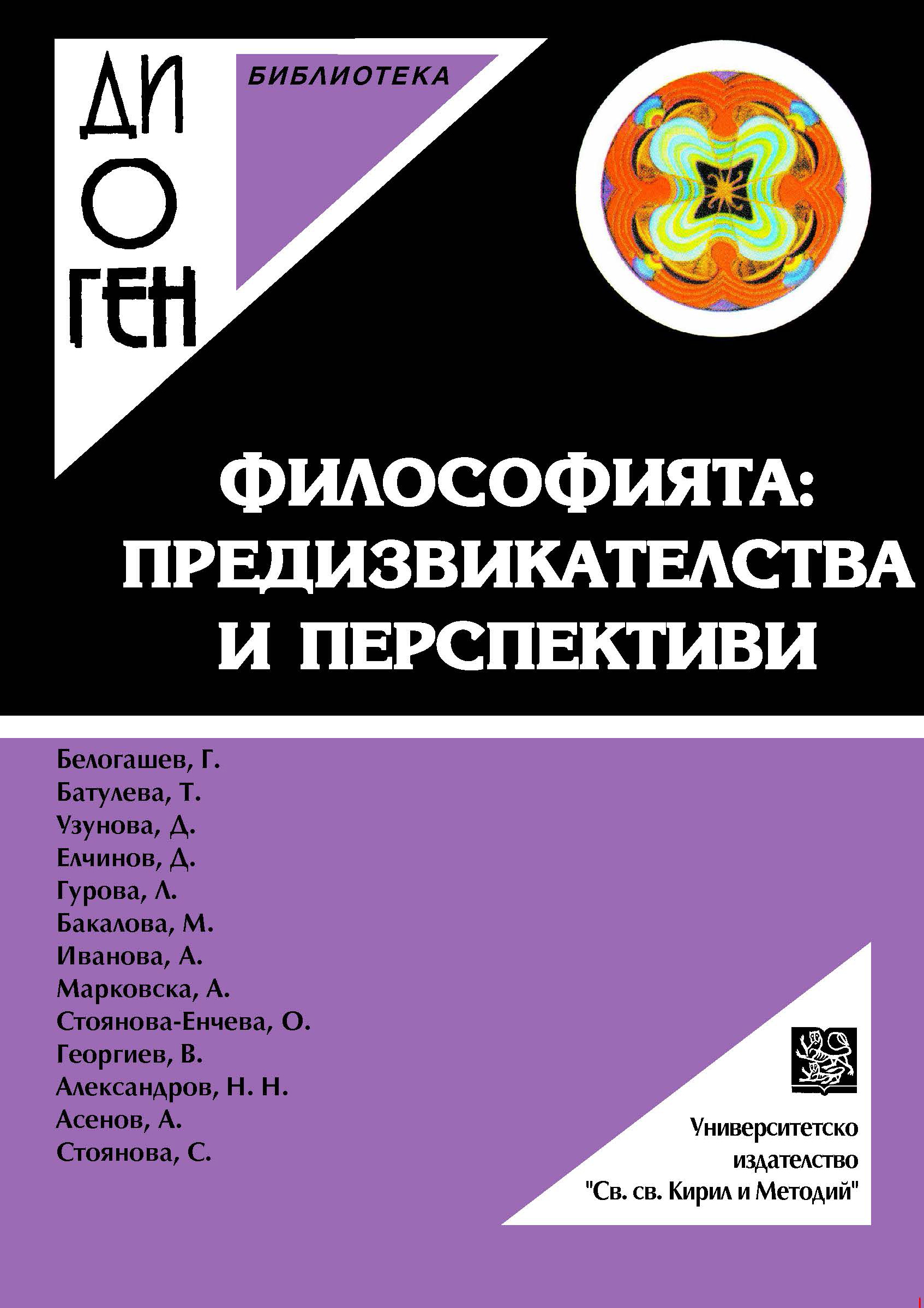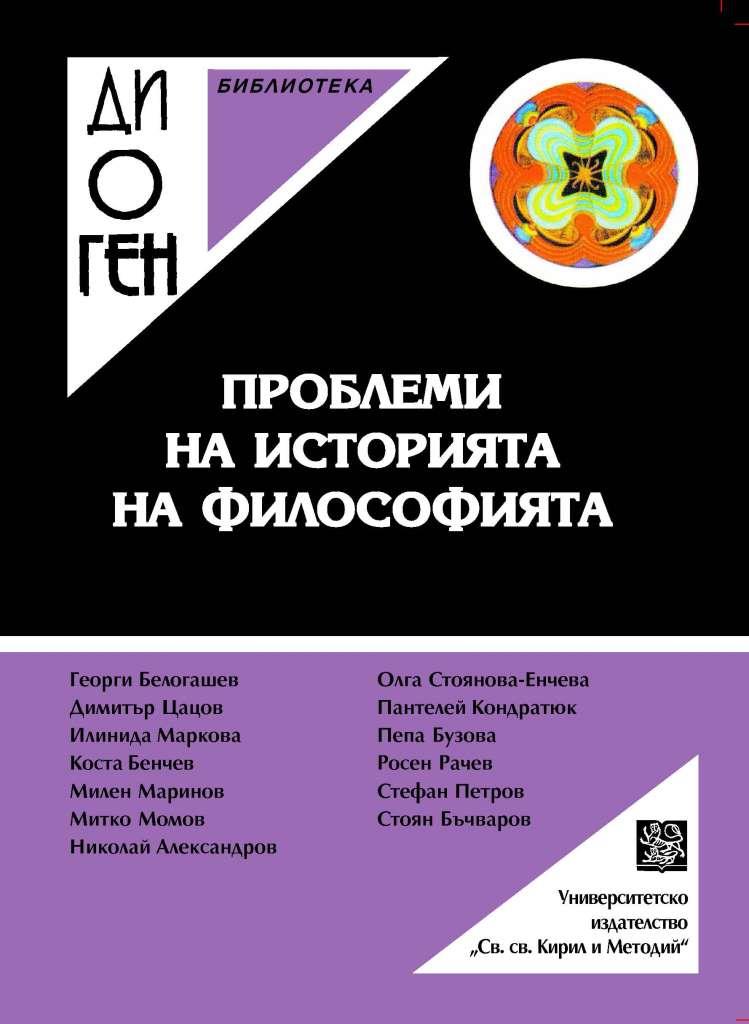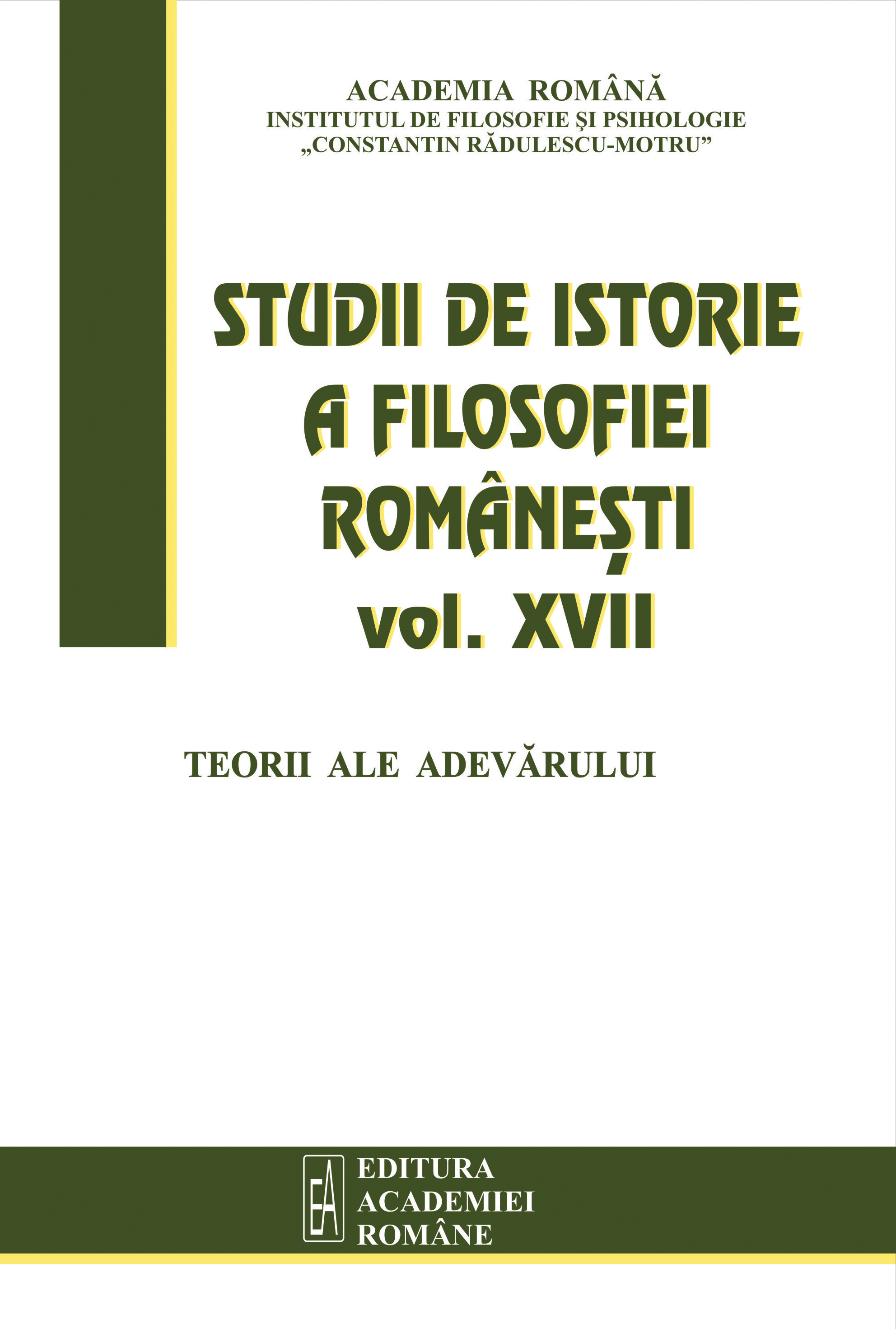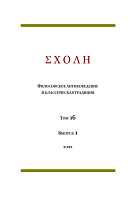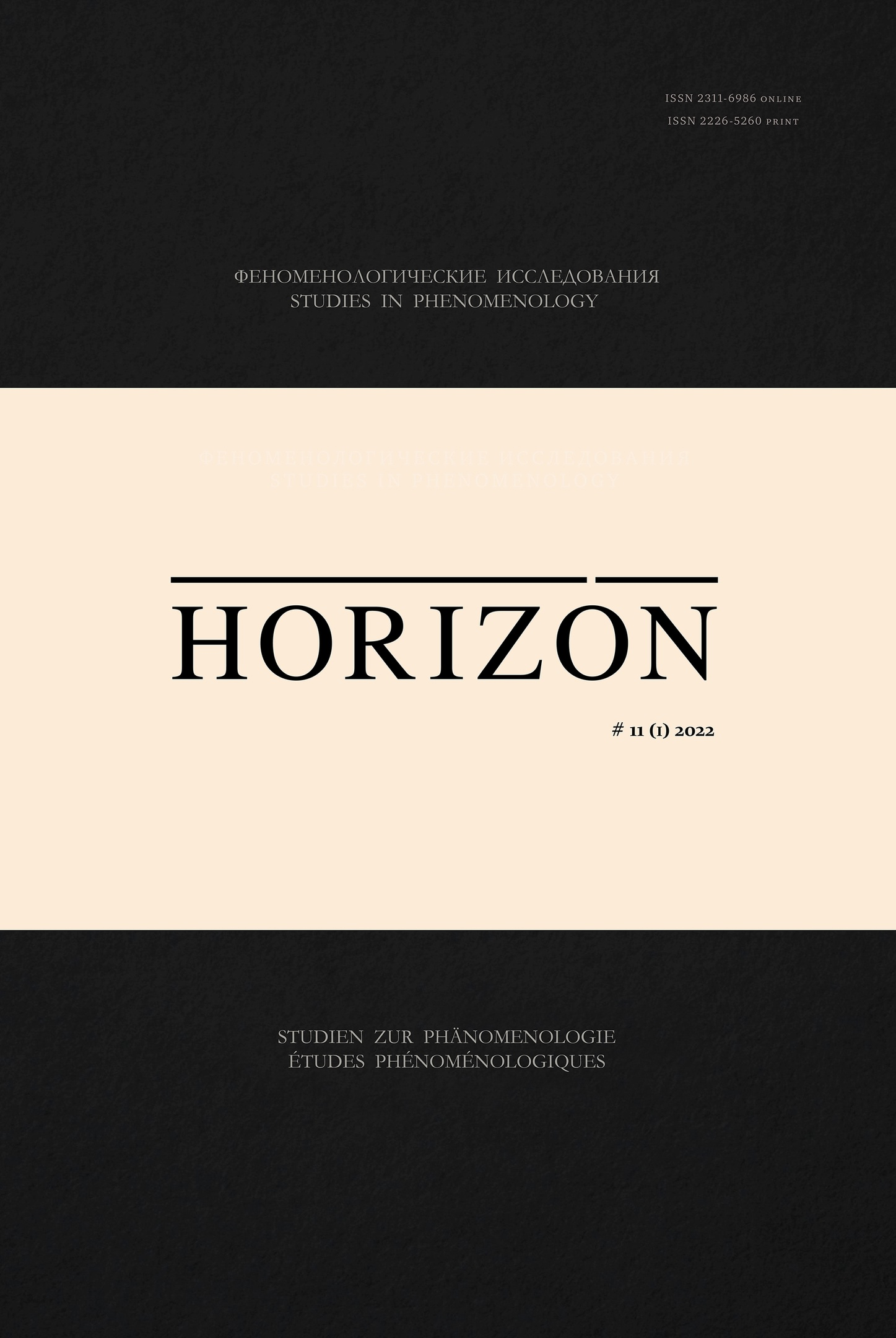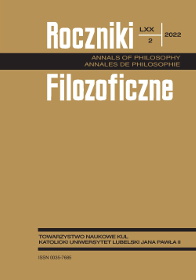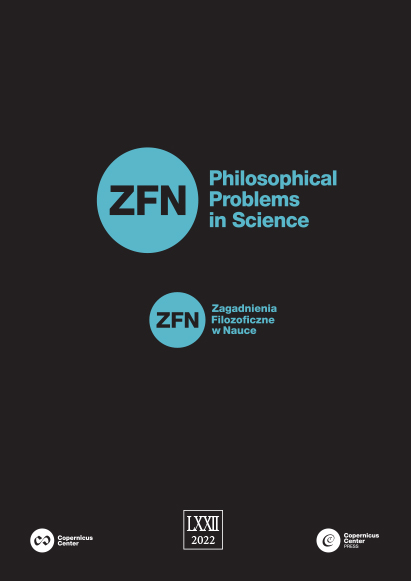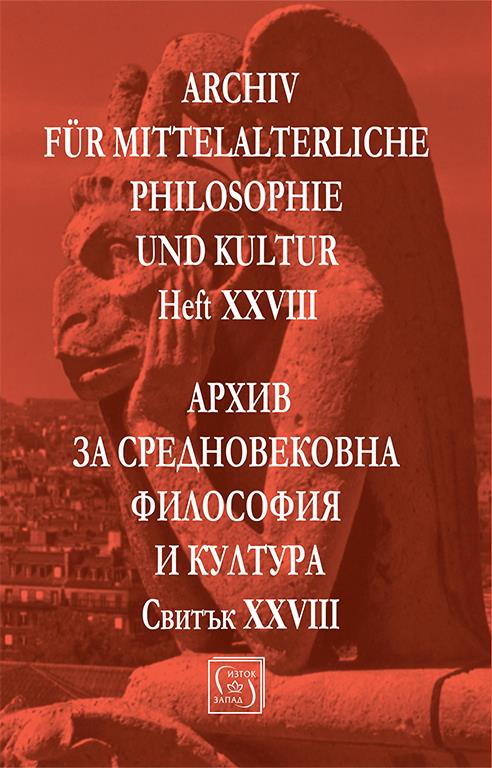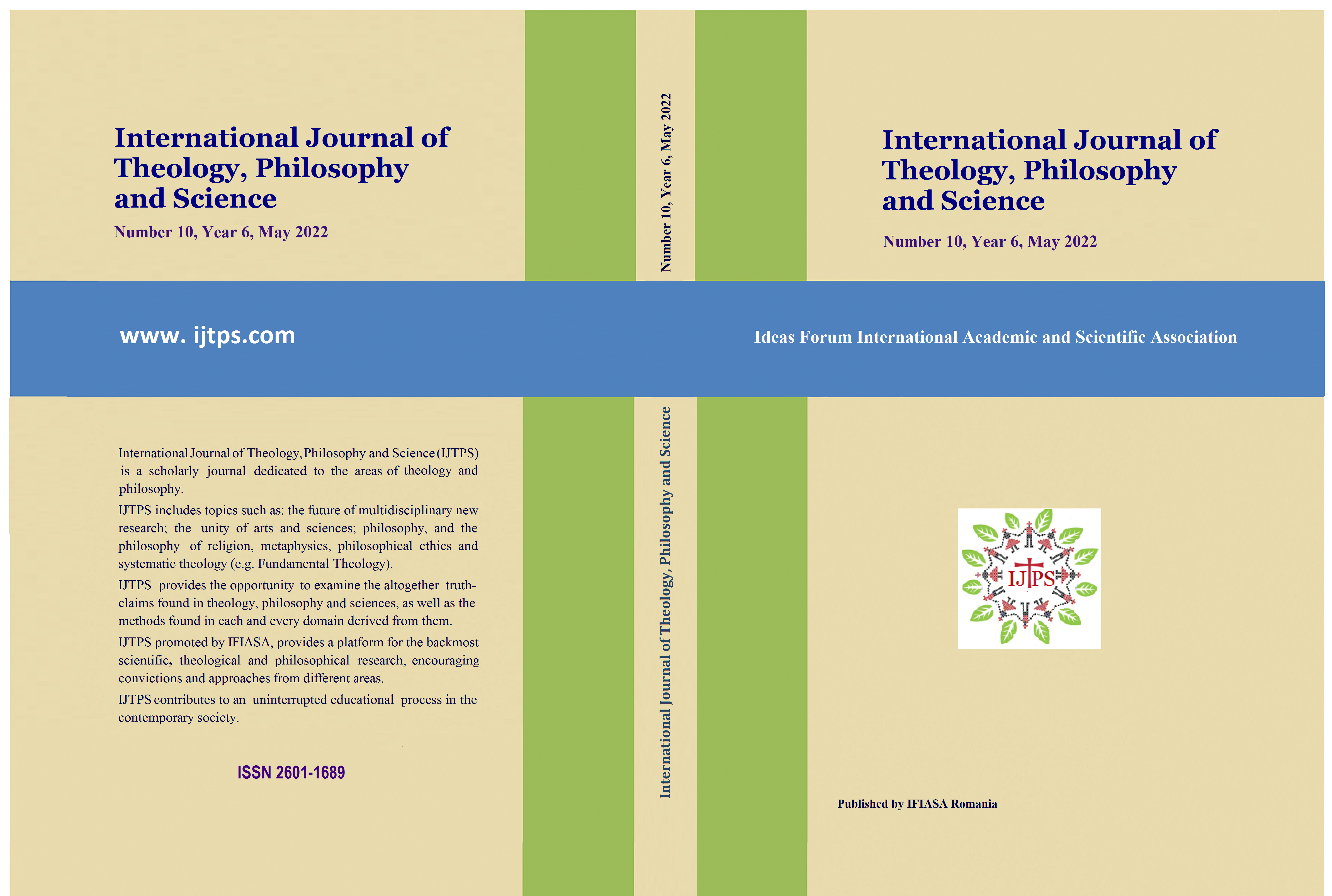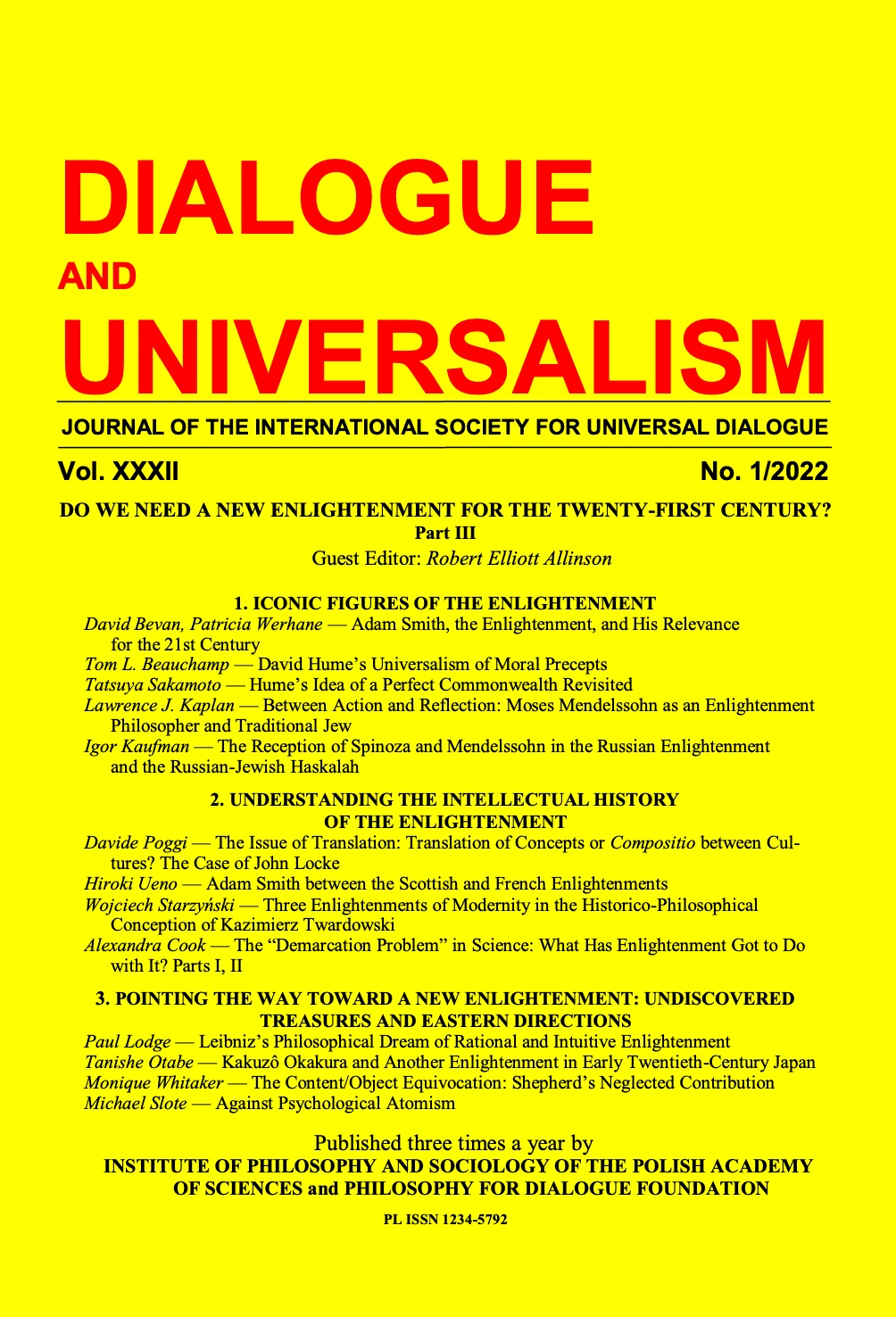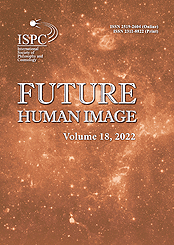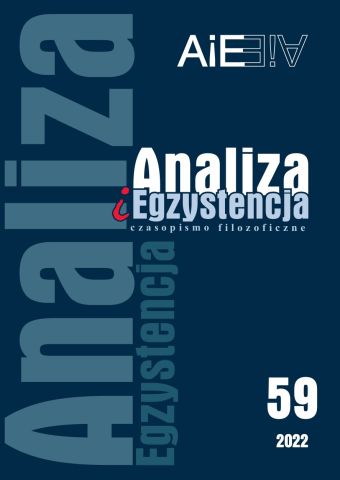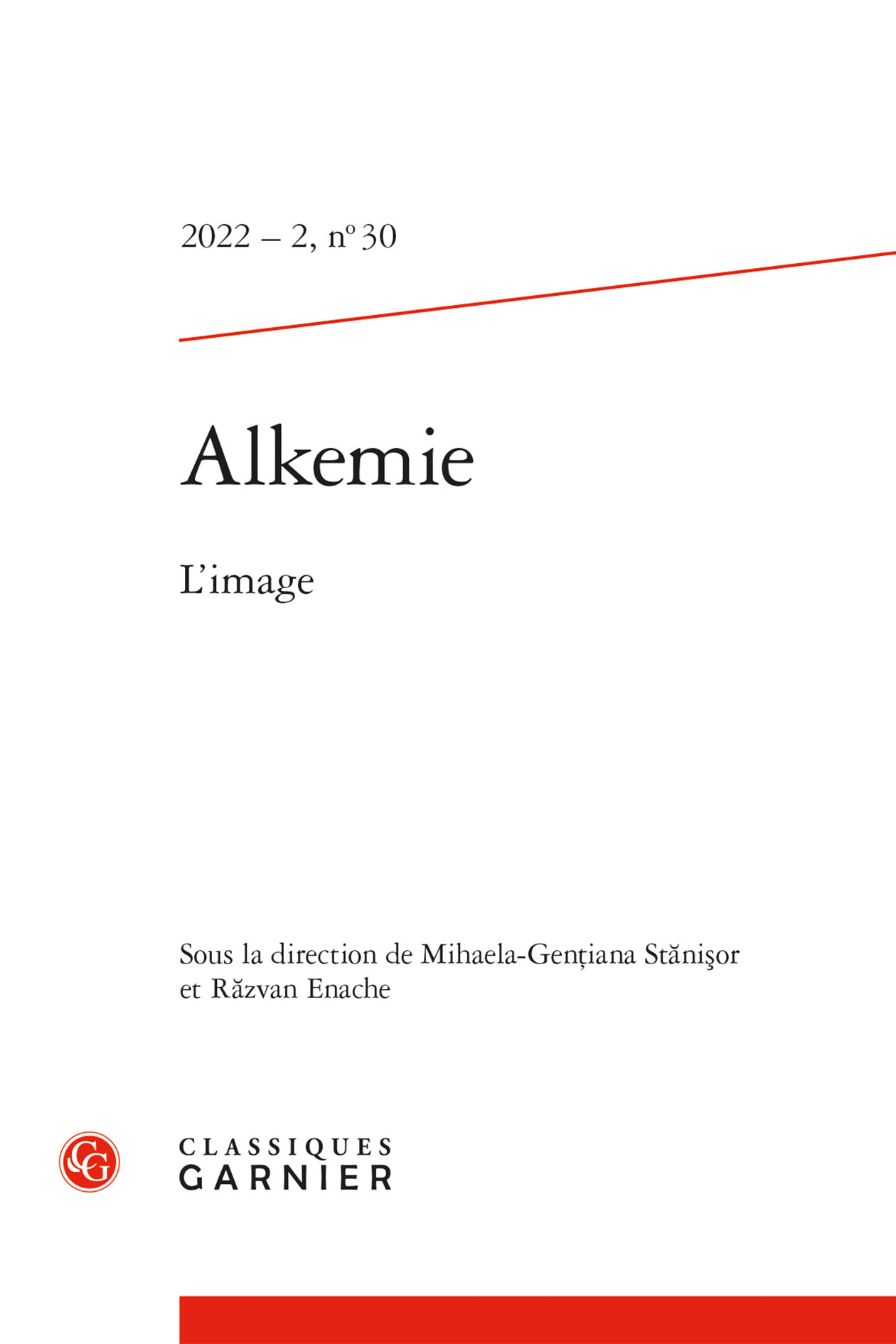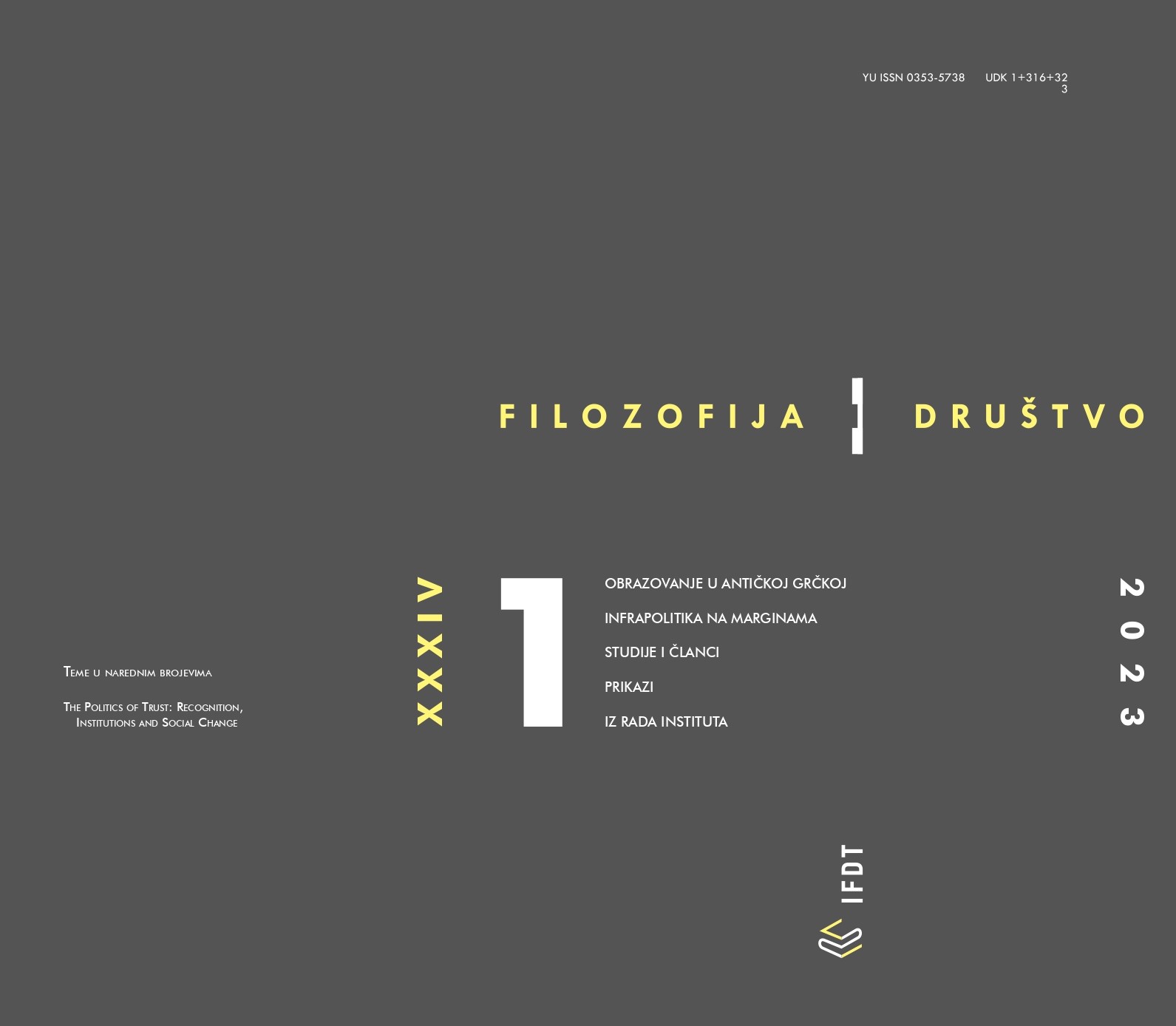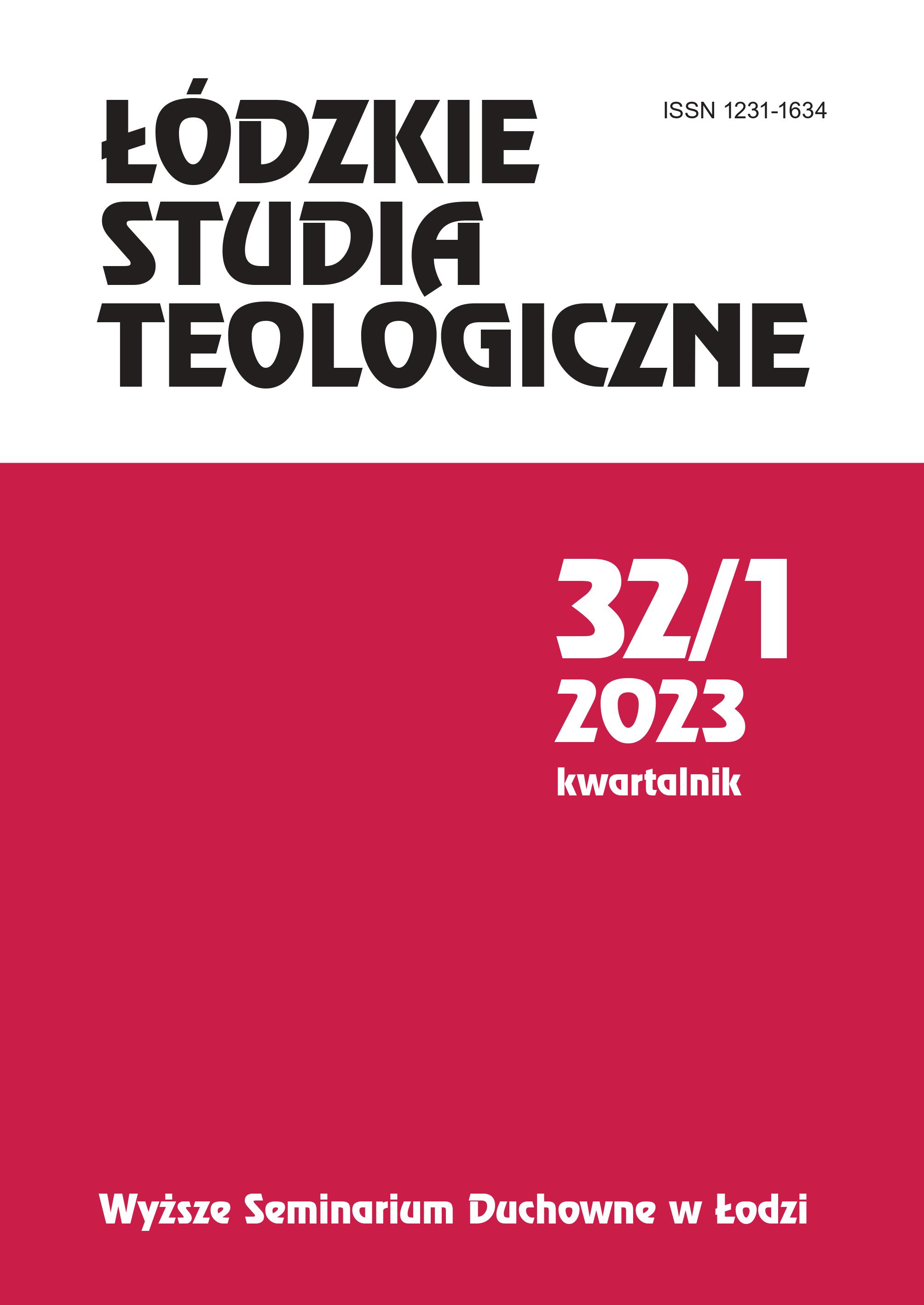Aesthetics and Ethics Intertwined: Fictional and Non-Fictional Worlds
Montaigne and Las Casas are important thinkers and writers, as are many others, including Shakespeare, as a poet, whose work is complex enough in its modernity that it would be hard to condemn him as a poet as Plato did Homer. Aristotle analyzed Greek tragedy to see how it worked in terms of a framework of anagnorisis and catharsis, that is, recognition and the purging of pity and terror. Shakespeare revisits and reshapes Homer in Troilus and Cressida and remakes Plutarch in Julius Caesar and Antony and Cleopatra while playing on the classical epic and mythological themes in Venus and Adonis and Rape of Lucrece. Plato, a poet as well as a philosopher, and a great writer if one does not like those categories, may have feared the poet within himself. Although assuming with Plato that philosophy is more universal and just than poetry, Aristotle takes the analysis of poetry and drama seriously in Poetics, and also discusses ethics, aesthetics and style in Rhetoric. So, while I discuss Plato as a framework, I am not presuming that writing on the relations among the good, the true, the just and the beautiful stop with him. I am also making the assumption that Las Casas, Montaigne, Shakespeare and other poets and writers deserve to be taken seriously in the company of Plato. Las Casas and Montaigne respond to radically changing realities and shake the very basis of traditional ethics (especially in understanding of the “other”) and work in harmony with the greatest poets and writers of a new era often called modernity like Shakespeare, who is in the good company of Manrique, Villon, Ronsard, Du Bellay, Juan de la Cruz, Luis de León, Lope de Vega, Quevedo and Calderón. Long before, Dante and Petrarch were exploring in their poetry ethical and aesthetic imperatives and broke new ground doing so. Nor can Las Casas and Montaigne be separated from other great writers like Rabelais and Cervantes, who carry deep philosophical and ethical sensibility in their work while responding to reality by providing aesthetically – even sensuously – shaped images that always leave a margin for ambiguity because conflicts are part of an ambiguous reality.
More...
